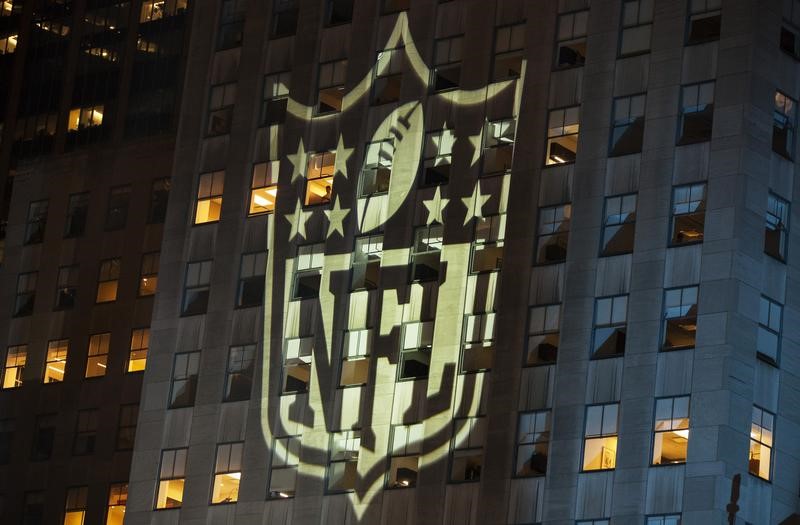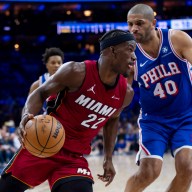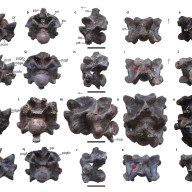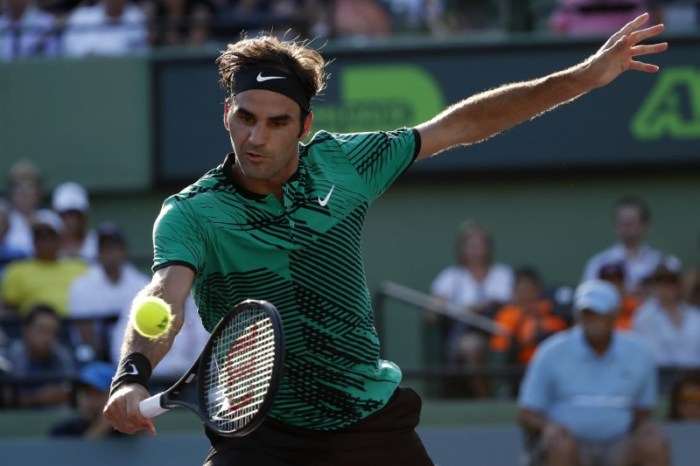By Lawrence Hurley
WASHINGTON (Reuters) – The U.S. Supreme Court on Monday cleared the way for the National Football League’s estimated $1 billion settlement of concussion-related lawsuits with thousands of retired players to take effect, rejecting a challenge brought by a small group of dissenters. The eight justices refused to hear an appeal of a lower court ruling in April upholding the settlement, which resolved litigation brought by players who accused the NFL of covering up information that tied head trauma like that suffered playing football to permanent brain damage. The settlement enables the NFL, the most popular U.S. sports league with billions of dollars in annual revenue, to avoid litigation that could have led to huge sums in damages and provided embarrassing details about how it has dealt with the dangers posed by head trauma in the violent sport. League officials also have taken steps to outlaw some of the game’s most brutal hits and changed how they deal with players who suffer concussions during games amid growing evidence linking such brain trauma to lasting neurocognitive damage. The settlement calls for payments of up to $5 million each to former players diagnosed with certain neurological disorders, but it does not address chronic traumatic encephalopathy (CTE), a condition that has been linked to concussions. Christopher Seeger, a lawyer who helped negotiate the settlement for the retired players, said they will now receive “much-needed care and support for the serious neurocognitive injuries they are facing” under the terms of the settlement. “These courageous men and their families, who in the face of great adversity took on the NFL, have made history,” Seeger said.
Brian McCarthy, an NFL spokesman, said the league is “pleased that the Supreme Court has decided not to review the unanimous and well-reasoned decisions” of the lower courts that approved the deal. The NFL will now work with lawyers for the players and the judge overseeing the settlement to “provide the important benefits that our retired players and their families have been waiting to receive,” McCarthy added. The lawsuit against the NFL was brought on behalf of more than 5,000 retired players, though the settlement could cover more than 21,000 former players, according to the appeals court that earlier endorsed the deal. ‘ON THE SIDELINES’
“This settlement will leave most NFL players on the sidelines, even those most affected by the long-term effects of concussions. Under the terms of the deal, many players diagnosed with CTE will get nothing,” said Deepak Gupta, one of the lawyers representing the dozens of retired players challenging a deal they considered flawed. The settlement was first approved in April 2015 by U.S. District Judge Anita Brody in Philadelphia.
In upholding the settlement in April, the 3rd U.S. Circuit Court of Appeals in Philadelphia wrote that those challenging it “risk making the perfect the enemy of the good.” Under the settlement, the NFL does not admit guilt. A smaller group of retired players objected to the agreement, saying it did not account for CTE. They also argued the deal unfairly favored currently injured retirees and left thousands of former players who have not yet been diagnosed with neurological diseases without a remedy. The objectors included Scott Gilchrist, the son of retired player Carlton Chester “Cookie” Gilchrist, a Buffalo Bills running back in the 1960s whose lawyers say died from CTE at age 75 in 2011. The NFL has come under increasing pressure in recent years from fans, politicians and parents to address the link between playing the sport and head trauma.
CTE, a progressive degenerative disease of the brain seen in athletes and others with histories of repetitive brain trauma, has been discovered during autopsies on several former players.
They included Hall of Fame linebacker Junior Seau, who committed suicide in 2012, and safety Dave Duerson, who played on the all-time great 1985 Chicago Bears defense and committed suicide in 2011. In March, the NFL for the first time acknowledged a link between football and CTE. Seeger said players will soon be notified about the next steps toward receiving compensation, which will begin in the spring of 2017.
(Reporting by Lawrence Hurley; Editing by Will Dunham)
Supreme Court ends fight over $1 billion NFL concussion deal

By Lawrence Hurley

















